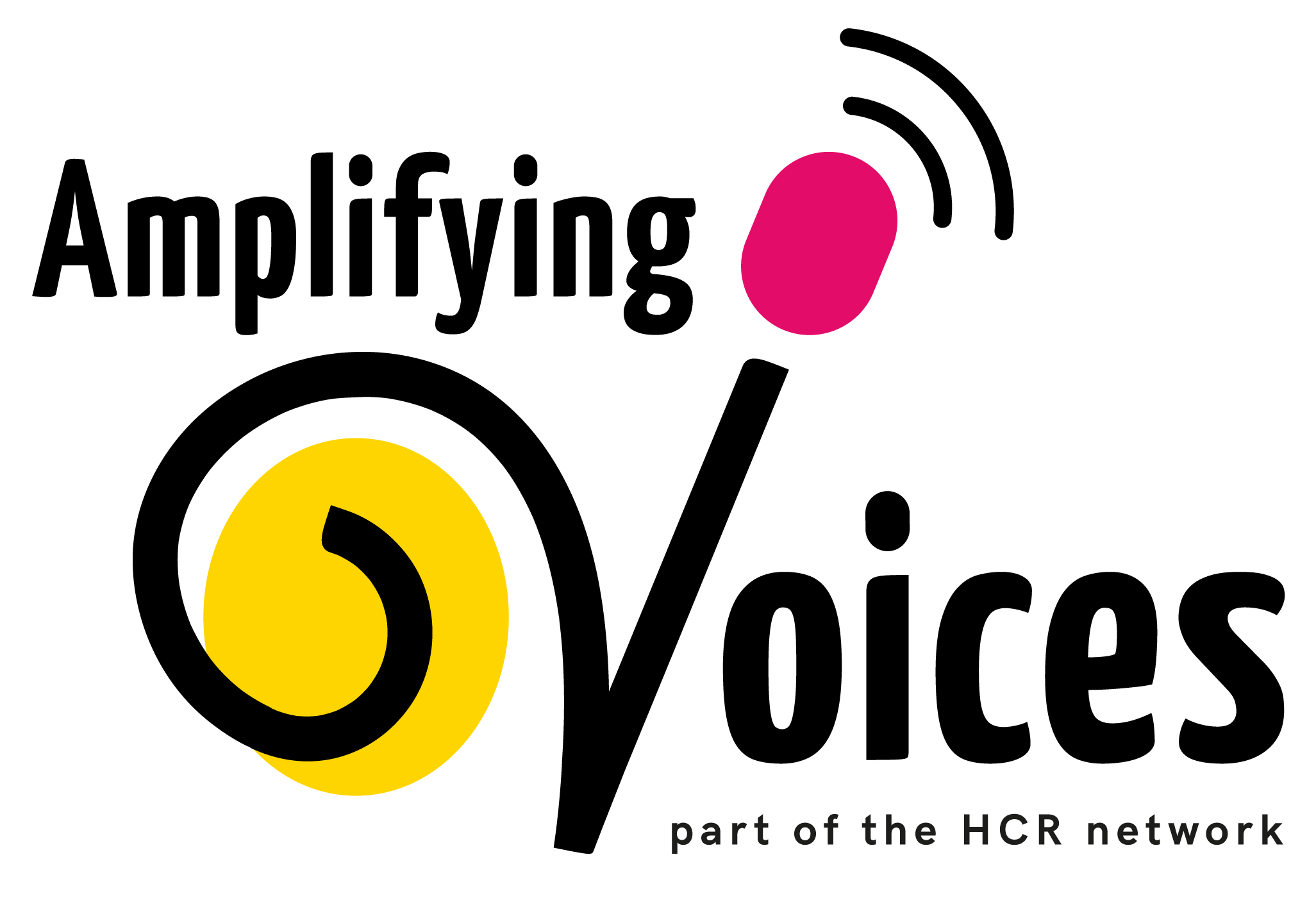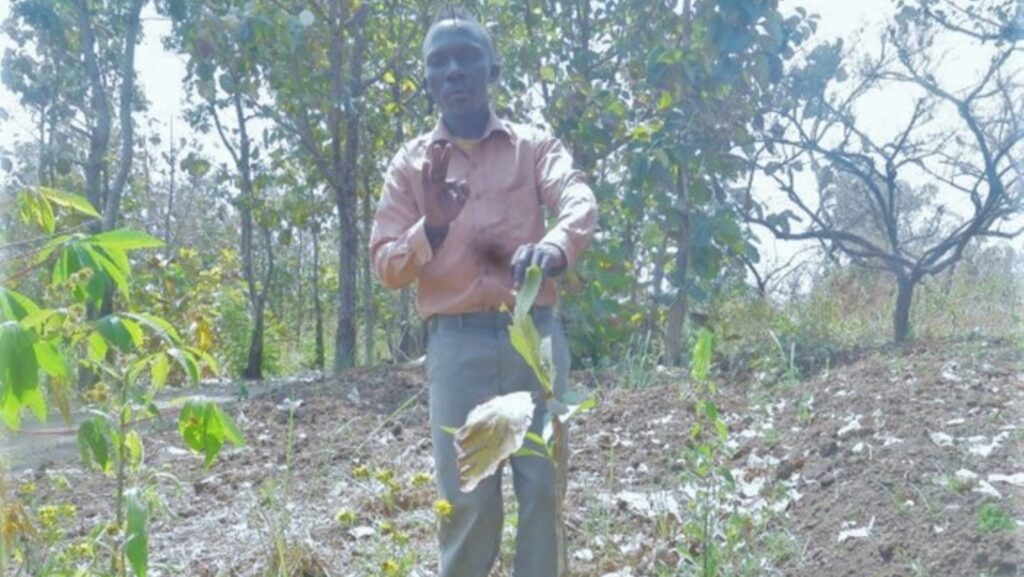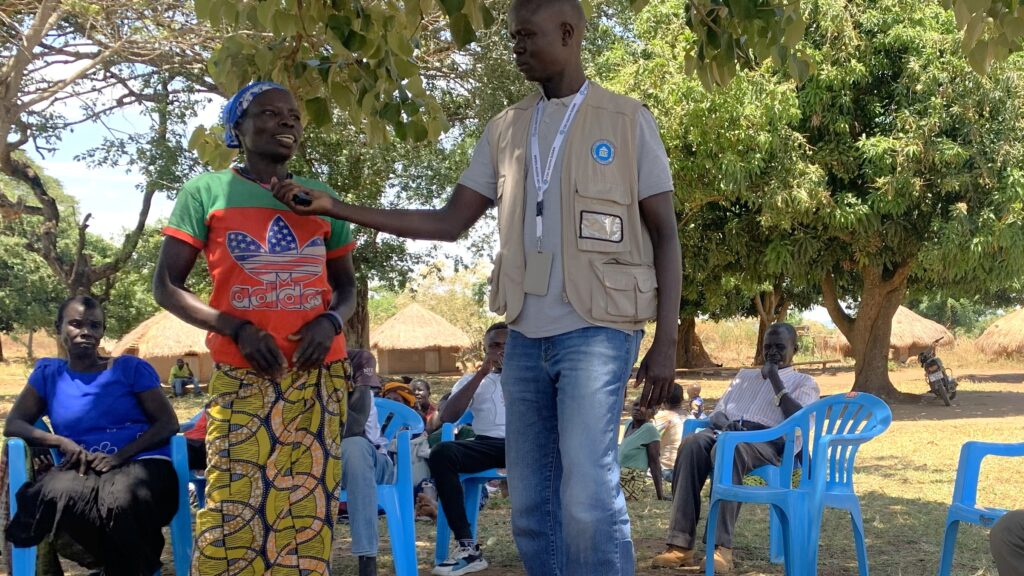Hope Village
A tree planting campaign, started on radio, could have far-reaching consequences for gender, climate, and peace in Morobo County, South Sudan.
Read MoreOn roads, once too dangerous to travel, people in the South Sudanese district of Morobo are finding it safer to greet strangers again, thanks to Hope Village podcasts.
Read More

